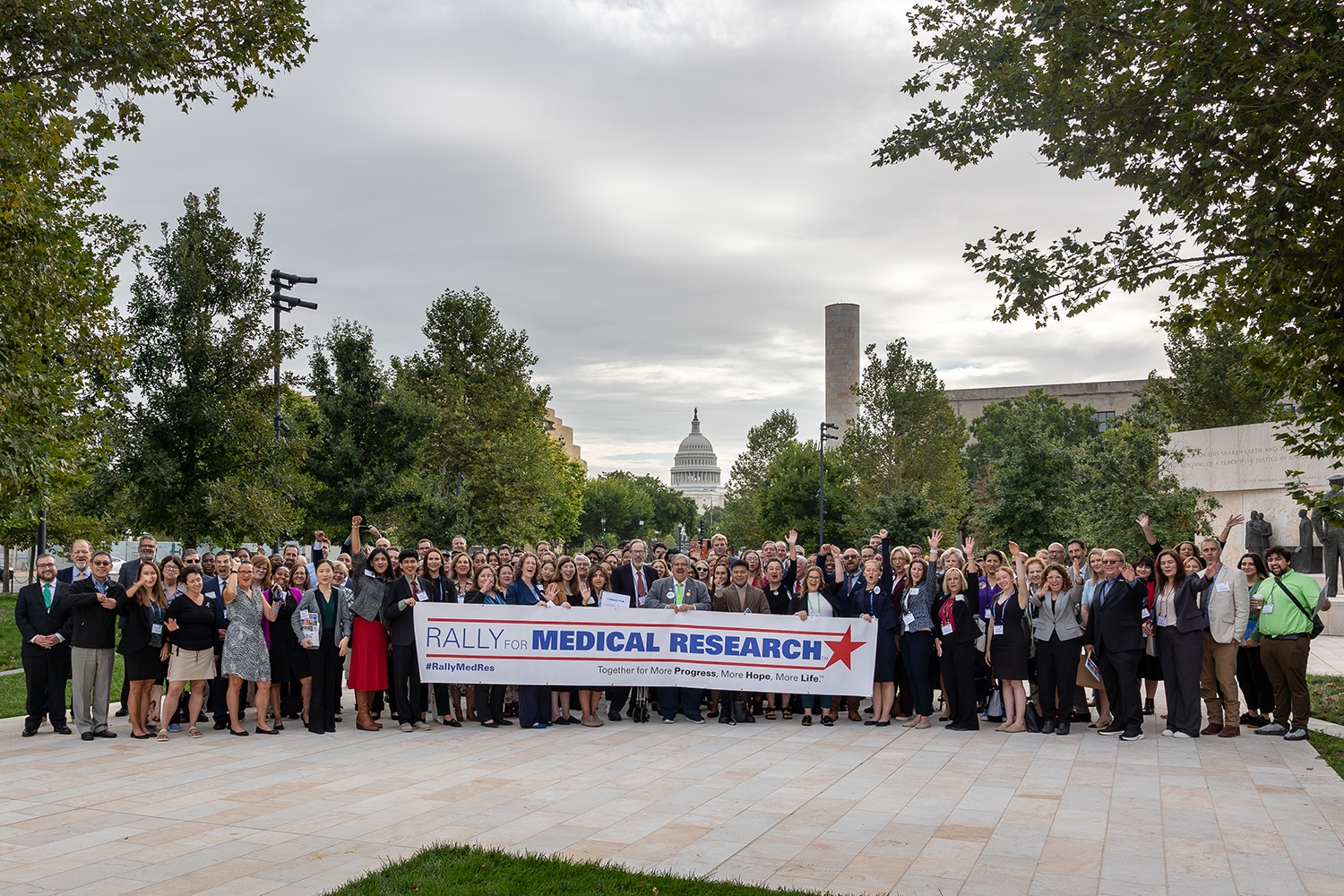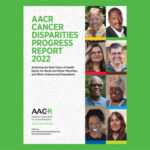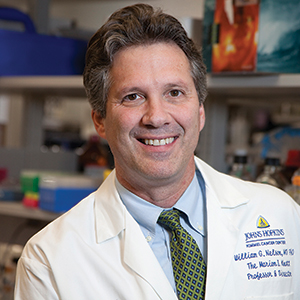-
Working Toward the End of Cancer Health Disparities
AACR conference explores the science of cancer disparities and what needs to be done to improve cancer outcomes for all people.
by Eric Fitzsimmons
-
Forward Look
FDA Designates Two Cigarettes as Modified Risk Tobacco ProductsCritics warn that lower nicotine content in the cigarettes may not translate into better odds of quitting.
by Carisa Brewster
-
Policy Matters
A Groundbreaking Report on COVID-19 and CancerThe report released by the American Association for Cancer Research includes a Call to Action that offers a roadmap for policymakers to better prepare and respond to the next pandemic.
by Antoni Ribas, MD, PhD
-
Get Involved
Blankets of SupportTeenage cancer survivor provides comfort to children with cancer.
by Thomas Celona
-
A Look at Disparities Across Cancer Care
A new AACR report tracks progress in addressing cancer health disparities and identifies work that still needs to be done.
by Eric Fitzsimmons
-
Get Involved
Playing the HeroWith the SuperKids activity book, children with cancer cast themselves as the hero and learn important coping skills.
by Eric Fitzsimmons
-
From the Editor-in-Chief
COVID-19 and Cancer in 2022Is it the beginning of the end or the end of the beginning?
by William G. Nelson, MD, PhD
-
Policy Matters
Patient Advocacy Is Driving ChangePatient advocates strengthen every aspect of research, from funding innovative science and informing research design, to leading efforts on Capitol Hill to build support for research.
by Carrie Treadwell, MBA
-
Understanding Stress and Cancer
A symposium at the AACR Annual Meeting explores how social factors contribute to elevated risk of cancer in some populations.
by Eric Fitzsimmons
-
The Impact of the RACE for Children Act
Legislation to speed cancer drug development for children and adolescents requires drug companies to test drugs in children, but trials in people under 18 may take years to generate results.
by Marci A. Landsmann
Cancer Talk
Treatment Combination Improves Survival in EGFR-positive Lung Cancer
Adding chemotherapy to targeted therapy improves outcomes for people with advanced EGFR-positive non-small cell lung cancer.
by Sandra Gordon
Lessons From 20 Years Living With CancerMultiple myeloma survivor Jonathan Gluck reflects on uncertainty, and the scientific progress that has kept him living with cancer for more than two decades.
by Eric Fitzsimmons
The Enduring Importance of Cancer Disparities ResearchOpening session from AACR conference highlights how perseverance and adversity have informed cancer disparities research over the years.
by Eric Fitzsimmons
Most Cancer Survivors Don’t Meet Healthy Diet GoalsDespite research linking fruits and vegetables to cancer survival, many people do not change their eating habits after diagnosis.
by Darlene Dobkowski















